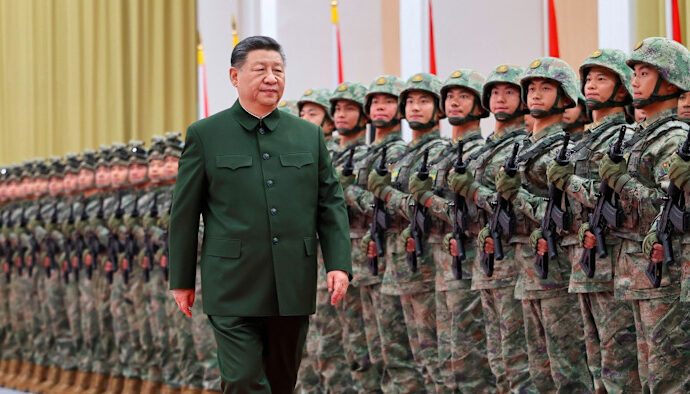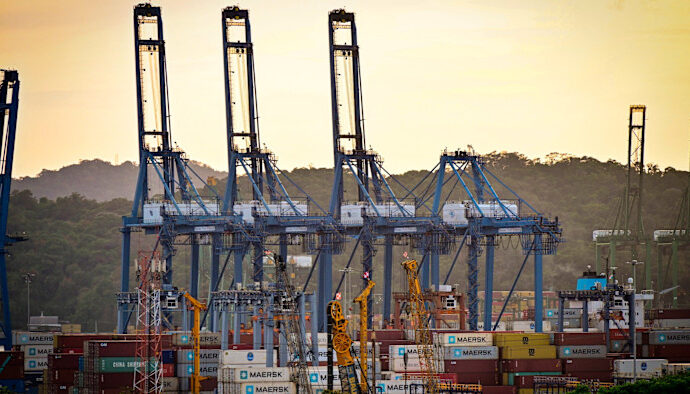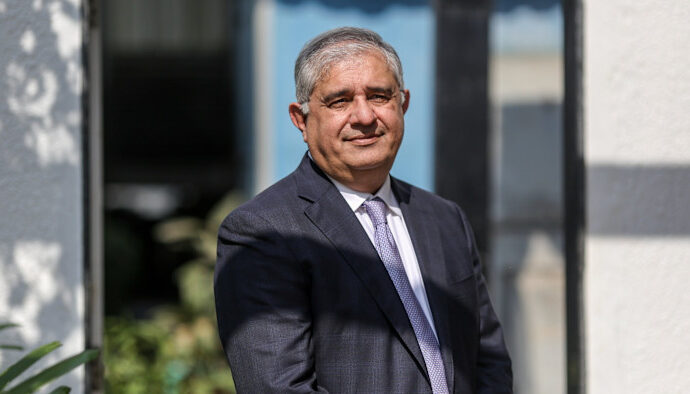Unlock the Editor’s Digest for free
Roula Khalaf, Editor of the FT, selects her favourite stories in this weekly newsletter.
Downing Street has confirmed that Jonathan Powell, national security adviser, discussed a high-profile alleged China spying case at a Whitehall meeting shortly before the prosecution collapsed.
Number 10 said the meeting in September was to discuss the likely diplomatic fallout with Beijing that would occur if spying allegations were aired in court, but insisted Powell played no part in the decision to drop the prosecution.
The meeting, which involved Powell and Sir Olly Robbins, permanent secretary at the Foreign, Commonwealth and Development Office, was held in the expectation that the case would go ahead, government officials said.
“It’s perfectly normal for the national security adviser to take part in discussions on national security that could affect bilateral relationships,” said a spokesman for Prime Minister Sir Keir Starmer.
The development came as MPs prepared to question security minister Dan Jarvis on Monday over why the prosecution of Christopher Berry and Christopher Cash was dropped. Both men categorically denied the charges.
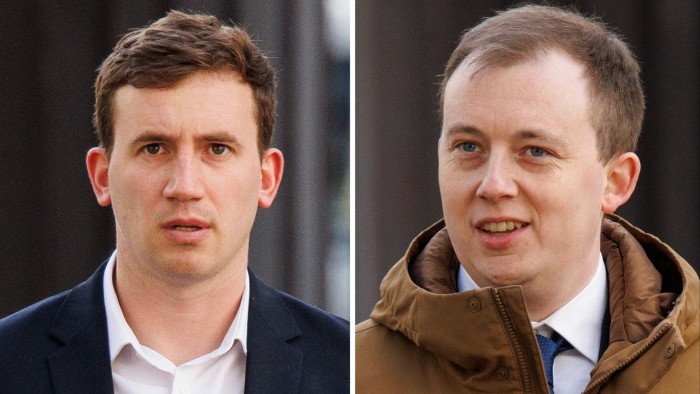
Starmer’s government continues to insist that neither Powell nor any ministers “made any decision” on the substance of the case or its evidence, or put pressure on the Crown Prosecution Service to drop the spying charges.
Jarvis will also use the Commons statement to announce new MI5 security guidance to MPs and their staff, in an attempt to move on from the controversy.
Starmer is expected to visit China in the coming months and the Treasury wants to develop commercial relationships with Beijing; government officials admit that a high profile spy case would have soured bilateral ties.
Conservative leader Kemi Badenoch said she was concerned about whether a “cover-up” was taking place and had written to Starmer to ask whether it was “still your government’s position to claim that it would have been impossible to argue that China was a threat in court”.
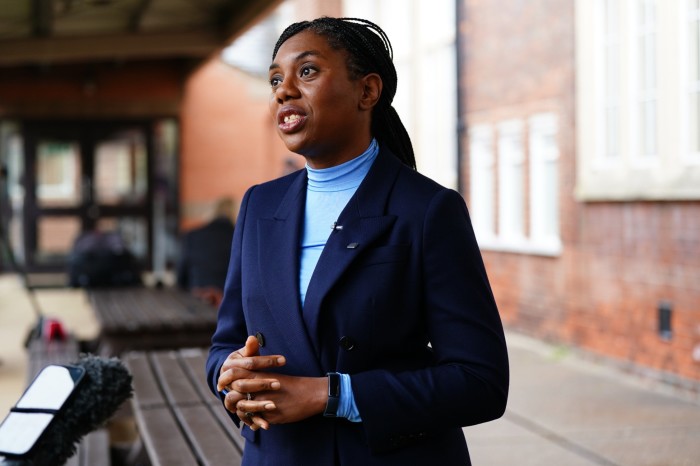
Starmer has insisted that since the prosecution related to alleged offences between 2021 and 2023, the case would have to rest on the publicly stated position of the Tory government at the time on whether it regarded China as a threat to national security.
Downing Street cited comments by Sir James Cleverly, foreign secretary in 2023, on his policy towards China in which he said it was “impossible” to sum up the country of China in a single word such as “threat”.
However, in the same speech Cleverly added: “We will strengthen our national security protections wherever Beijing’s actions pose a threat to our people or our prosperity”.
Stephen Parkinson, director of public prosecutions, told MPs in a letter on October 7 that he was unable to obtain witness statements saying that China was “at the time of the offence . . . a threat to national security”.
He said in his letter that the CPS had sought the additional witness statements after bringing the charges in 2024 because of a High Court ruling on the meaning of the word “enemy” in the 1911 Official Secrets Act under which Cash and Berry were charged.
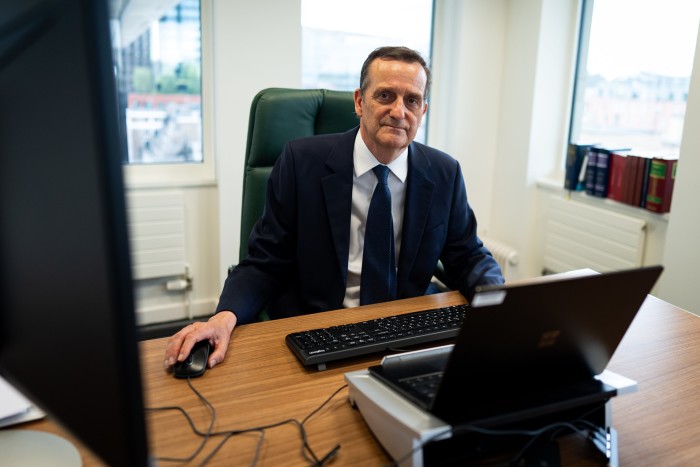
The High Court said the word included countries that posed a national security threat.
Some former CPS officials have questioned Parkinson’s letter, noting that the High Court had made it easier, not harder, to prove allegations of spying under the 1911 act.
Downing Street insisted that any evidence had to be “consistent with the policy and threat assessment at the time of the alleged offence”.
